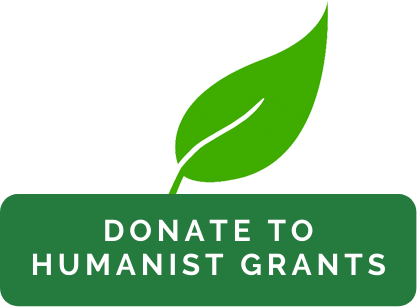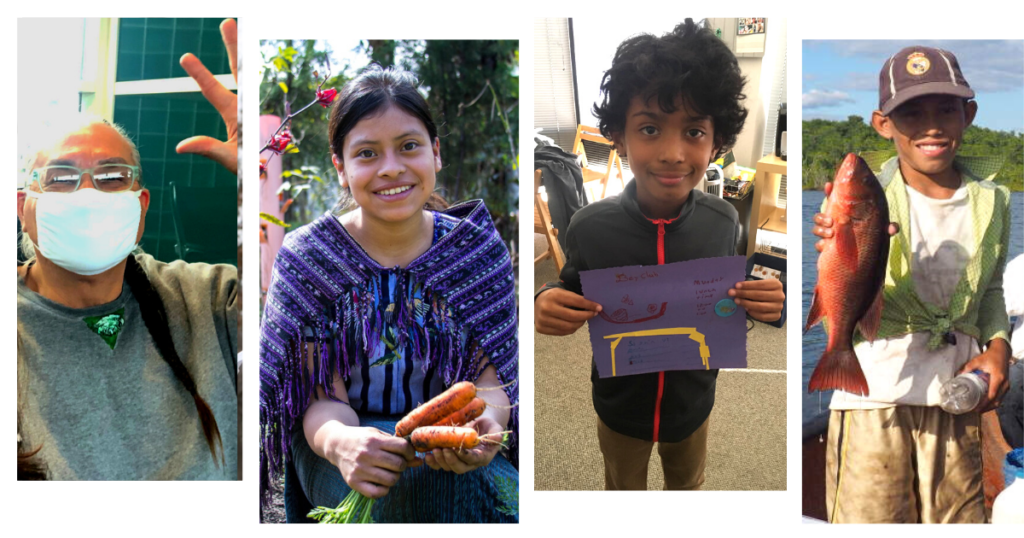
Welcome 1st Quarter Grantees!
By GO HumanityThis is our last quarter offering a slate of four quarterly grantees before transitioning into to our bigger, bolder Compassionate Impact Grant program*. So we’ve decided to send the quarterly grant program off in style by giving to four powerhouse organizations you’ve helped us support in previous years!
This quarter, the power of humanist giving will be directed toward supporting a humanist homeschool collaborative; culturally appropriate, ecological sustainable enterprises in Mayan communities; legal support for wrongfully incarcerated people; and empowering El Salvadorians to improve their livelihoods while protecting vital mangrove forests. All these grantees have a long history of helping to build a more humanist world.
We carefully select each grantee for impact, efficiency, and humanist values.
Our slate this quarter includes three previous Compassionate Impact Grant awardees, and one organization that we have supported multiple times in the past. Each organization works with a unique local population for transformative change.
Education

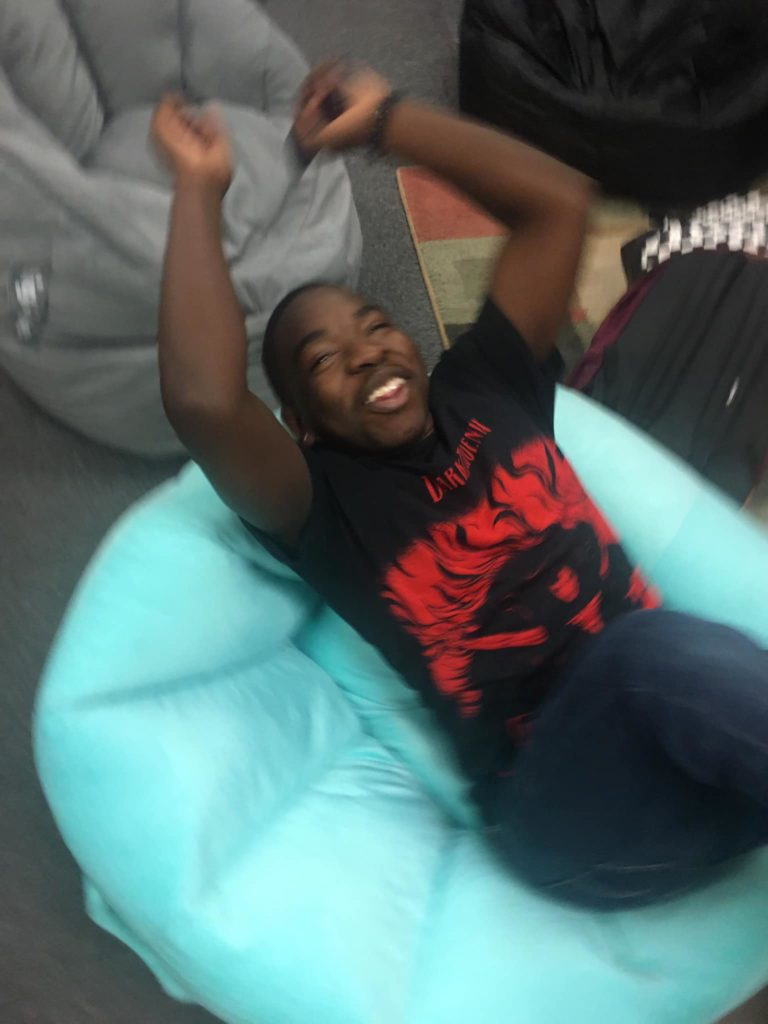 With the motto “Bringing People Together as We Are,” Common Ground Community Center (CGCC) is an inclusive, community-minded homeschool collaborative that provides academic classes, tutoring, entrepreneurship, mentoring, art, music, mental health counseling, physical education, and parent resources in Baltimore, Maryland. CGCC’s community consists of Black people, immigrants, and LGBTQ+ people.
With the motto “Bringing People Together as We Are,” Common Ground Community Center (CGCC) is an inclusive, community-minded homeschool collaborative that provides academic classes, tutoring, entrepreneurship, mentoring, art, music, mental health counseling, physical education, and parent resources in Baltimore, Maryland. CGCC’s community consists of Black people, immigrants, and LGBTQ+ people.
When FBB chose CGCC to be our 2020 Compassionate Impact Grant awardee, they planned to use CIG funding to support their Community Connections program, which connects the youth in their community with businesses and nonprofits for mutual benefit. Unfortunately, those plans had to be put on temporary hold due to COVID-19, and classes have moved online. CGCC has also chosen to redirect resources to support community members facing hardship due COVID-19, whether from job loss, sickness, or caring for loved ones who have fallen ill.
Not only do we appreciate the day-to-day work of CGCC, but we are proud to support the work they are now doing to support the most vulnerable in this time of crisis.
Poverty and Health
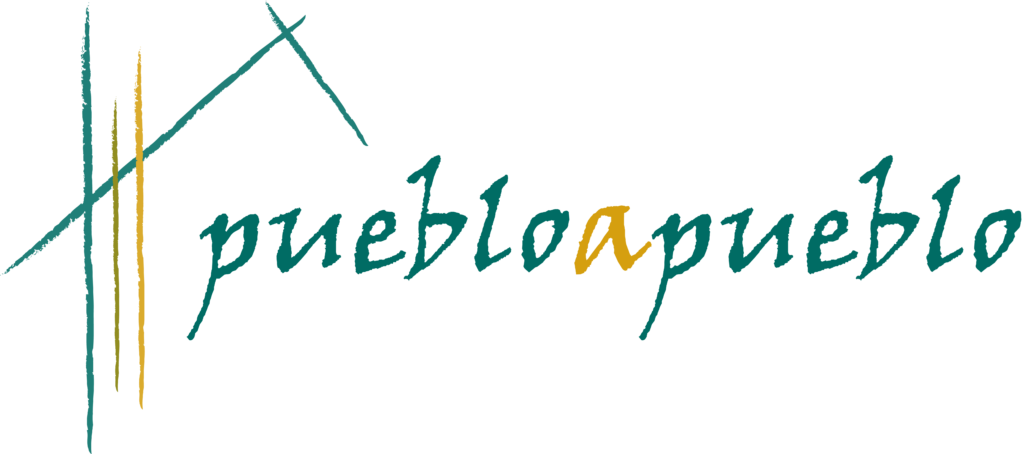
Pueblo a Pueblo (PaP), our 2019 Compassionate Impact Grant recipient, strives to develop innovative, data-driven, and culturally appropriate programs to target locally defined problems in the Lake Atitlán region in the Western Highlands of Guatemala. Their beekeeping project targets coffee farming communities with a focus on women and Indigenous Mayan farmers.
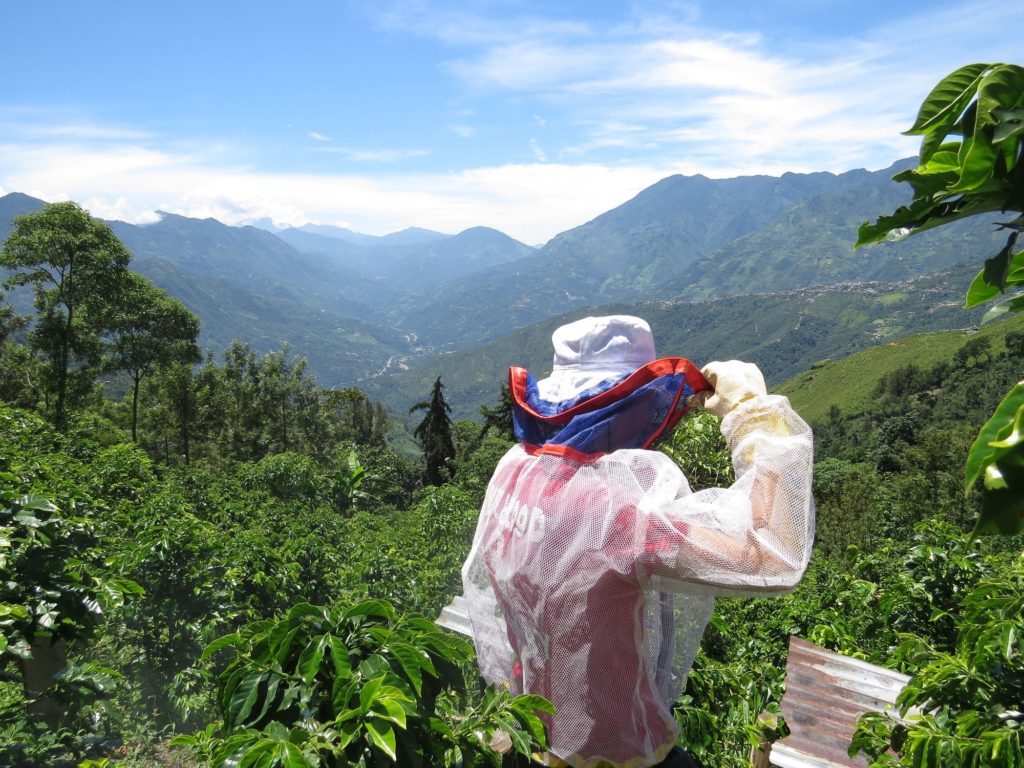
In the Lake Atitlán region, over 80% of the population lives in poverty, of which 40% face extreme poverty and live on less than $2 USD a day. Among individuals who self-identify as Indigenous in Guatemala, 79% live in poverty (1.7 times higher than the general population). Coffee farmers are subject to volatile market prices, insufficient income for proper nutrition until harvest months, and are particularly vulnerable to the effects of the climate crisis.
For these coffee farmers, adding beekeeping helps provide year-round stable income though honey sales, and the bees help increase coffee income by increasing the coffee yield. Beekeeping has been a Mayan enterprise for centuries, making it a culturally appropriate addition for Indigenous coffee farmers in the region.
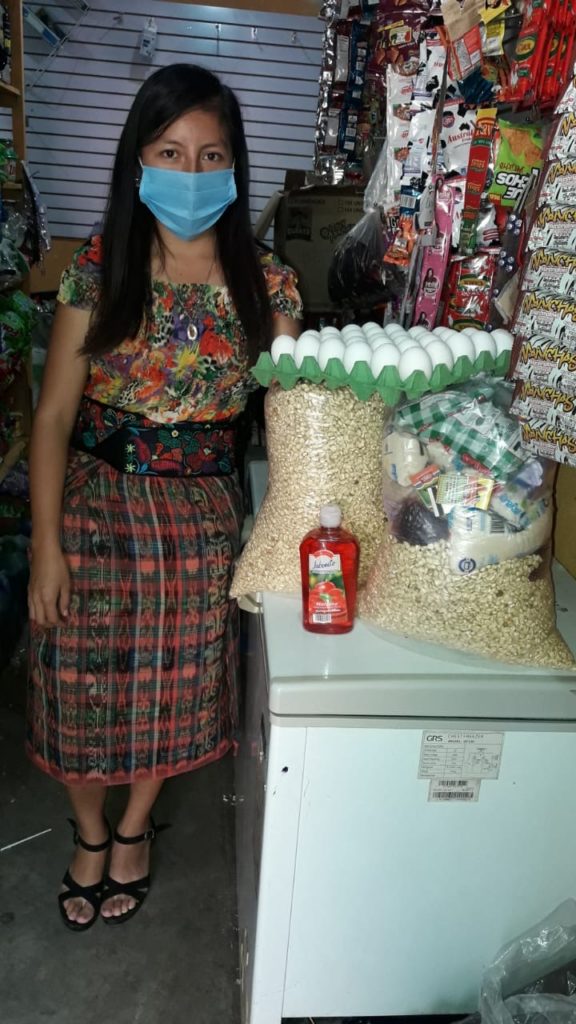 Due to COVID-19 restrictions, PaP has had to put many of their usual activities on hold, but they have been able to continue their Maternal-Child Health Project through socially-distanced, small group workshops. In addition to having a space to learn about early childhood development, good nutrition, and hygiene, these workshops provide a safe and supportive space to discuss COVID-19 fears.
Due to COVID-19 restrictions, PaP has had to put many of their usual activities on hold, but they have been able to continue their Maternal-Child Health Project through socially-distanced, small group workshops. In addition to having a space to learn about early childhood development, good nutrition, and hygiene, these workshops provide a safe and supportive space to discuss COVID-19 fears.
Pueblo a Pueblo’s values and project design align with FBB’s very closely. Their project is designed to counteract the effects of colonialism with a culturally appropriate intervention that targets women and Indiginous farmers who are living in poverty. FBB is proud to support this innovative, effective, sustainable, and culturally-responsible organization.
Human Rights

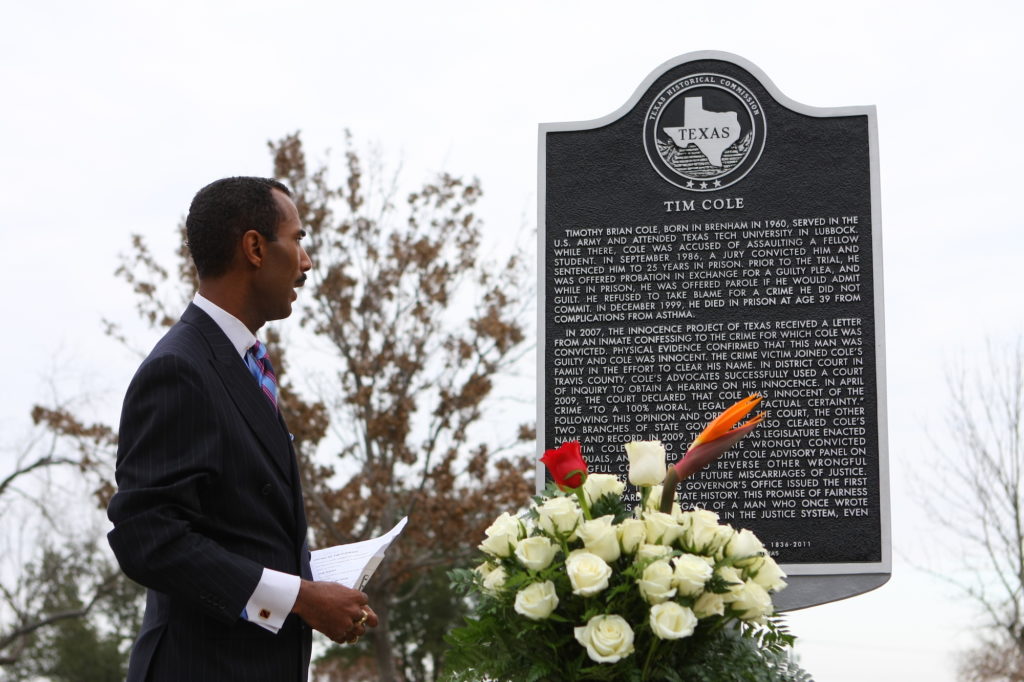
- A younger defendant
- A criminal history
- A weak prosecution case
- Prosecution withholding evidence
- Lying by a non-eyewitness
- Misidentification
- Misinterpreting forensic evidence at trial
- A weak defense
- Defendants offering a family witness
- A punitive state culture
This is all exacerbated by tunnel vision, which prevents the system from self-correcting once an error is made.
It is a long and time-consuming process, but IPTX’s work has exonerated and vacated the conviction of 20 people. It has also helped release many more even if they are not yet fully exonerated. Their work has led to the adoption of new best practices that help prevent future wrongful convictions.
FBB is proud to support IPTX’s important work championing the rights of some of the most vulnerable people in our society.
Natural World
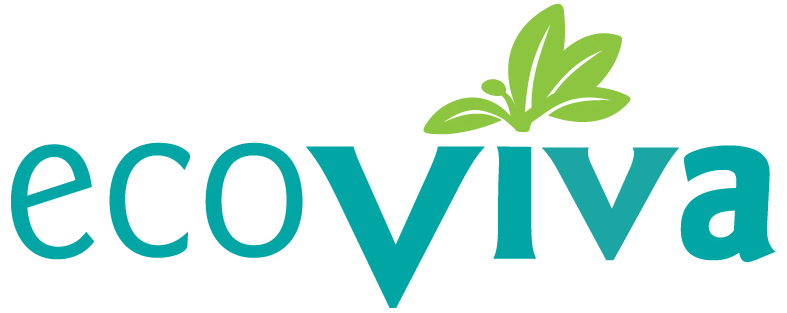
EcoViva has worked for decades with grassroots organizations in El Salvador to promote environmental sustainability, economic security, and social justice. By working with local fishermen and leaders to develop and implement sustainable use plans, EcoViva has helped communities ensure the preservation of local livelihoods and protect the ecosystems upon which they rely.
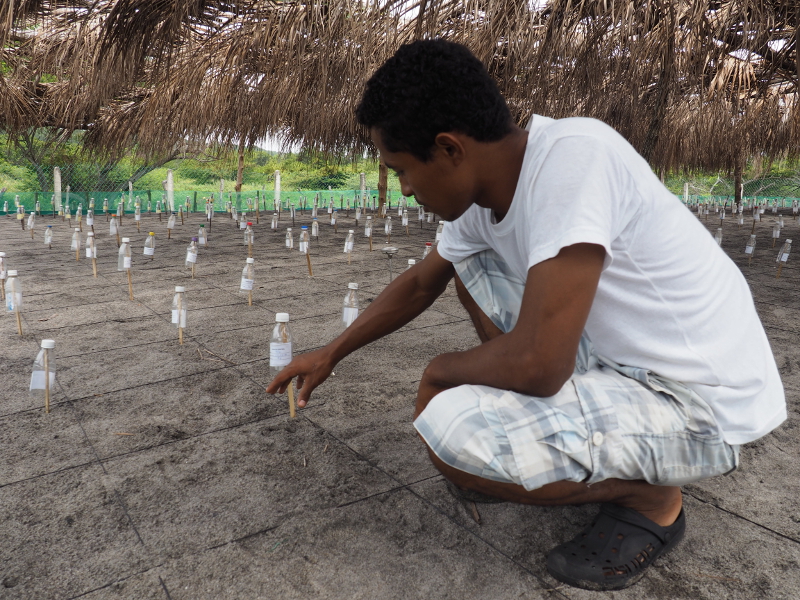
Mangrove Ecosystems are a vital but fragile natural resource. Mangrove forests thrive where freshwater meets saltwater, providing a unique refuge and nesting habitat for many species. With their dense networks of roots and surrounding vegetation, mangrove ecosystems sequester ten times more carbon than tropical rainforests. In addition, mangrove forests are essential for protecting coastlines, villages, and the mangroves themselves during storms and floods.
EcoViva’s successes have included the implementation of restoration plans that return mangroves to full health, which was what their original Compassionate Impact Grant funded in 2017. These restoration plans have been recognized by the Salvadoran Government as a model for national coastal policy and rural development.
The backbone of EcoViva’s approach to effective Mangrove Ecosystem resource management is a Local Sustainable Use Plan which recognizes that the residents of each community are important stakeholders in the conservation of the mangrove ecosystem.
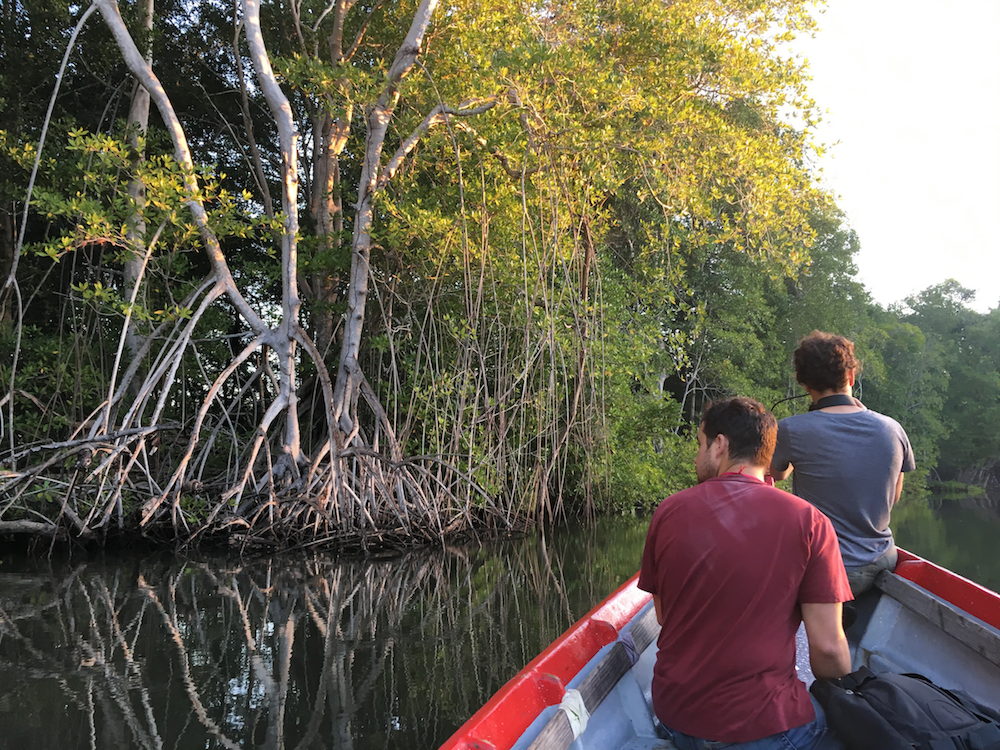 EcoViva’s long standing work with sea turtle survival and overfishing issues have also created a strong local network where residents have changed their fishing practices to be safer and more ecologically sustainable.
EcoViva’s long standing work with sea turtle survival and overfishing issues have also created a strong local network where residents have changed their fishing practices to be safer and more ecologically sustainable.
EcoViva plans to expand efforts to halt the destruction of 15,000 acres of critical habitat in the largest coastal mangrove forest in Central America, which currently faces an increased onslaught of threats from unregulated coastal development, over-exploitation of natural resources, and climate change.
EcoViva has had to adjust their programming this year due to COVID-19 concerns. However, they are also working to support their partners in neighboring Honduras as they recover from Hurricane’s Eta and Iota, an effort made more difficult by COVID-19.
FBB is proud to support EcoViva’s ongoing work to empower the residents of villages in Bajo Lempa in the Bay of Jiquilisco to conserve resources, improve their livelihoods, and educate their peers.
*A note about changes to Humanist Grants
In order to focus on multi-year, unrestricted grants, which are less common than smaller, restricted grants and allow nonprofit organizations to confidently make more sustainable, long-term plans, this is the last quarter that we will be featuring four beneficiaries each quarter. Next quarter we’ll be announcing our first bigger, bolder Compassionate Impact Grant awardee. We are currently in the process of evaluating organizations.
Please take some time to explore our current grantees. If you like what you see, consider a monthly donation to FBB to help us fund more organizations like these.

